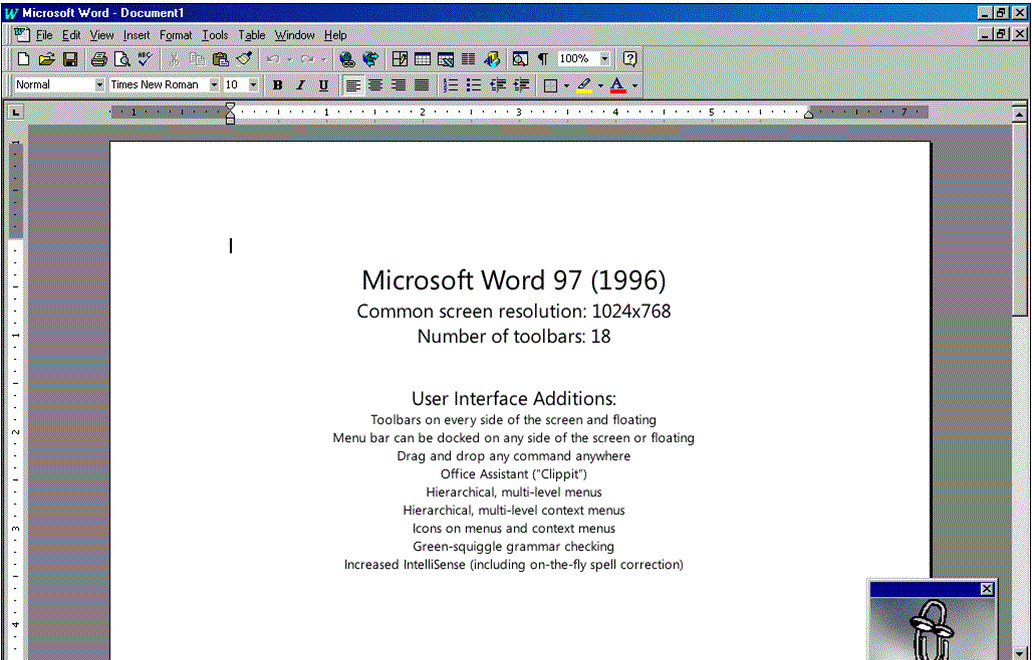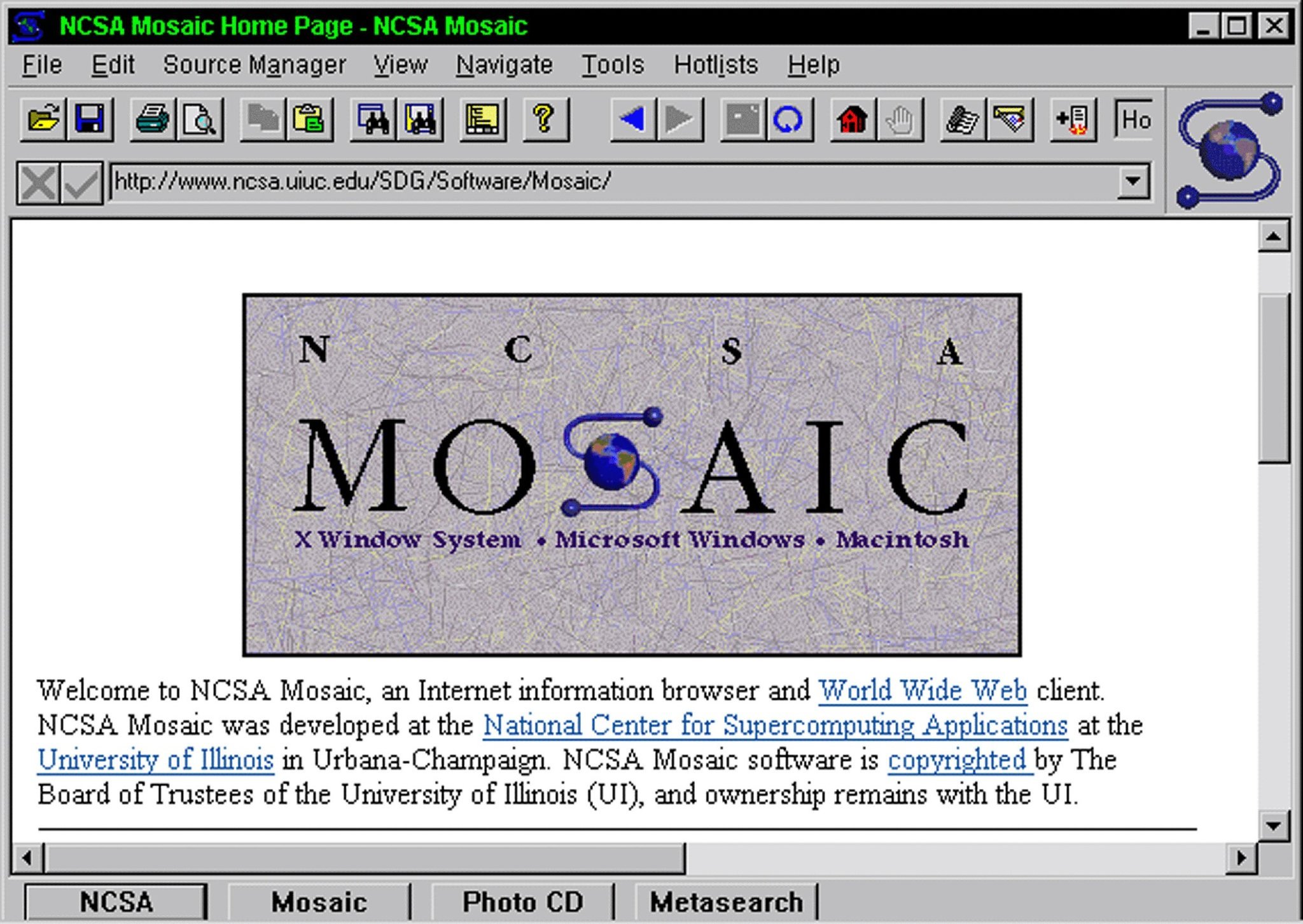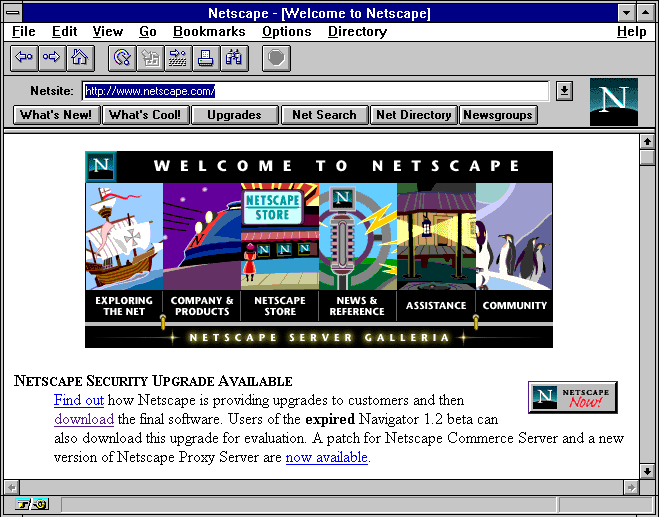I was thinking the same thing but then I realised that 20 years ago, most software UI was completely built from even tinier wordless images crammed into obtuse tiny buttons or hidden options in nested drop-down menus but we didn't really have much trouble with it back then. Maybe we're all just getting old and our brains don't want to learn new things anymore. Curse you lack of neuroplasticity!





Images not mine but shamelessly stolen from a web search.
Oh shit, there goes the planet.